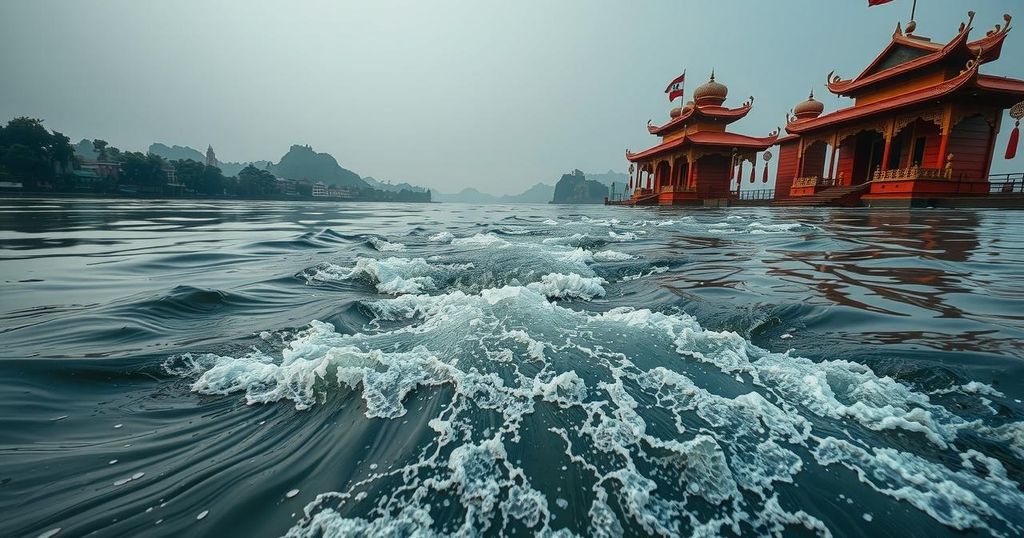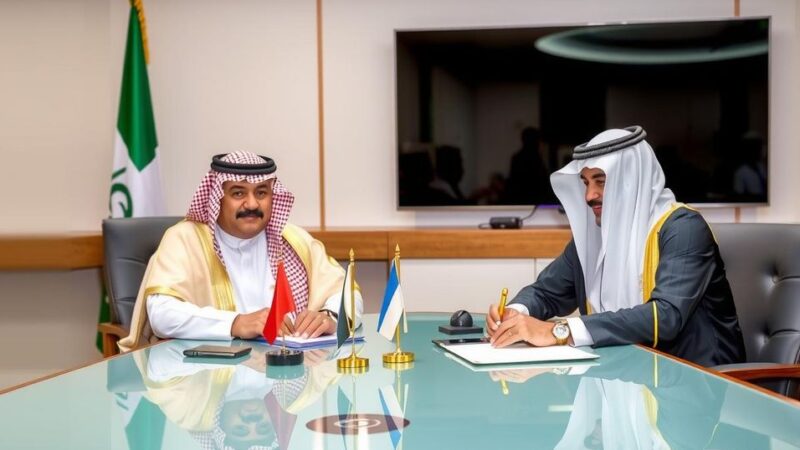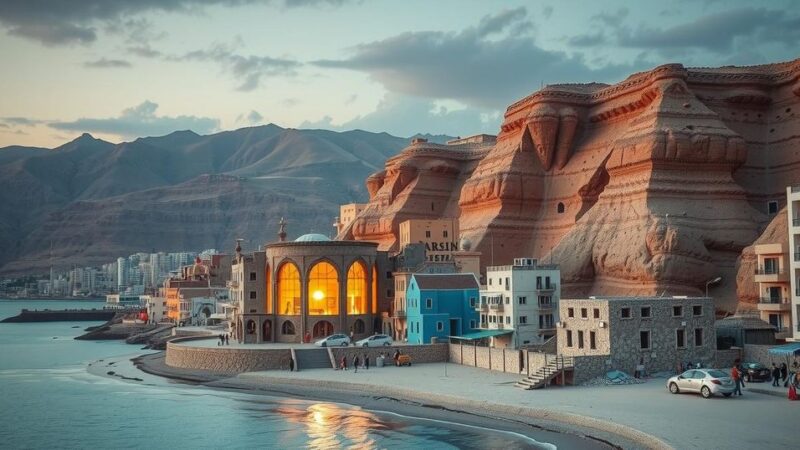Uzbekistan’s envoy, Ismatullah Irgashev, stated that Afghanistan has the right to utilize water from the Amu Darya River, stressing the need for agreements on usage quotas to avoid conflicts. The joint commission for the Qosh Tepa Canal aims to enhance water management while addressing concerns from Uzbekistan regarding potential changes to regional water dynamics.
Uzbekistan’s Special Representative for Afghanistan, Ismatullah Irgashev, has affirmed the right of the Afghan people to utilize water from the Amu Darya River, emphasizing the necessity for mutually agreed quotas on water usage. He reiterated that there exists no conflict with the Islamic Emirate of Afghanistan regarding this matter. Furthermore, he highlighted the establishment of a joint commission tasked with evaluating the construction of the Qosh Tepa Canal in Afghanistan. This canal, projected to extend 285 kilometers and channel water from the Amu River, has raised concerns in Uzbekistan over potential alterations to the regional water balance. Irgashev stated, “The Afghan people also have the right to use water from the Amu Darya River. There are no problems between us. The question is which country will use how much, as well as the quota for its use, taking into account shallowing of the river.” The projected Qosh Tepa Canal intends to divert around 10 cubic kilometers of water annually from the Amu River, constituting approximately 20% of its total volume, with planned routes traversing through various provinces in Afghanistan. While Uzbekistan’s government expresses apprehensions about the implications for regional water management, representatives from Afghanistan maintain that the project will impose no detriment to Uzbekistan’s water supply.
The Amu Darya River is a crucial water source straddling several Central Asian countries, including Afghanistan and Uzbekistan. Given the importance of water rights and distribution in these arid regions affected by climate variations and population demands, the regulation of water usage is a sensitive and critical issue. The proposed Qosh Tepa Canal serves as an initiative to improve irrigation and agricultural productivity in Afghanistan while simultaneously presenting complexities regarding water sharing and environmental sustainability in the region. Effective communication and agreements between Afghanistan and Uzbekistan are vital to mitigate conflicts over shared resources.
In summary, Uzbekistan acknowledges Afghanistan’s rights to access the Amu Darya River while calling for cooperative management of water resources through defined quotas. The collaborative effort exemplified by the joint commission and the planned Qosh Tepa Canal necessitates an ongoing dialogue between the two nations to ensure equitable resource distribution and environmental protection. Making progress in this area is fundamental to fostering stable bilateral relations and enhancing regional water security.
Original Source: www.ariananews.af







